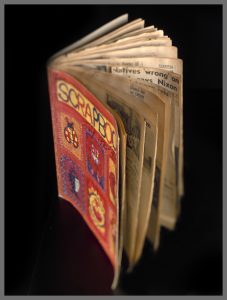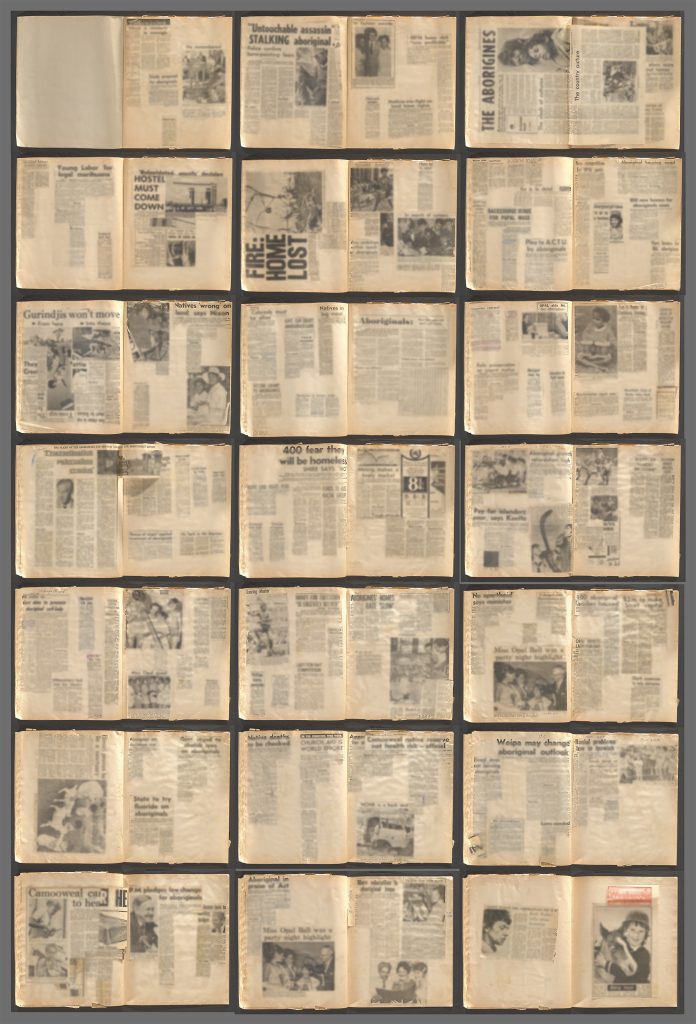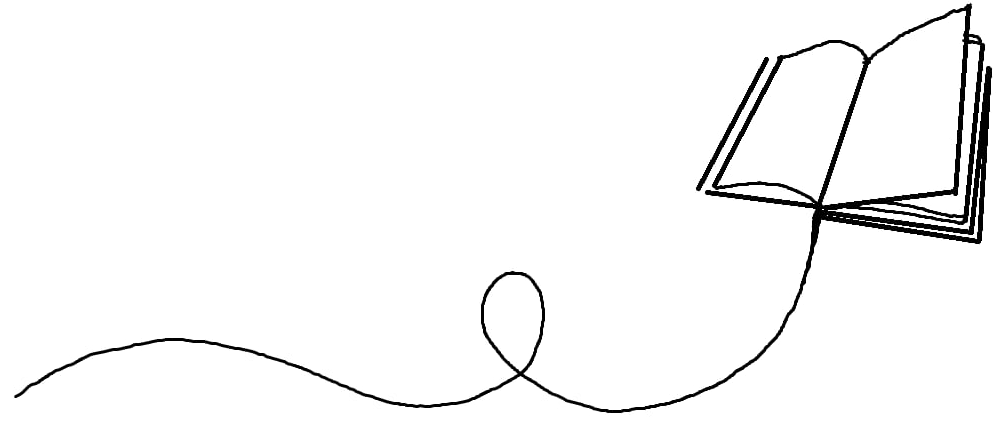10 Pressing for change
An artefact of articles in post-Referendum Australia
Chris Levinge

I was attracted to the scrapbook compiled by Neville Bonner as a chance to read and understand more about him through a veritable trove of historic information, filled with newspaper clippings from 1970. It is a scrapbook but, more importantly, an artefact of life and society in another era. It is research material, a dossier of newspaper articles and clippings compiled by Bonner, and this is evidenced with the meticulous way in which he recorded the date and source of each newspaper article. The artefact showed society’s views and the inaction of governments following the 1967 Referendum. Articles about ill-conceived policies and changes to legislation which perpetuated the negative public perception of Aboriginal and Torres Strait Islander peoples of Australia.
This scrapbook artefact evoked within me a strong emotive response and it happened through the first few pages I perused. I felt anger, frustration, sadness, disillusionment and even despair.
As I read and reflected on selected articles I sat quietly asking myself, why? Why, after 52 years, pre- and post-Referendum, the Government policies failed so dismally ad nauseum? All sides of politics have a case to answer for the obvious lack of discernible positive change for the issues still reported today. Hence my disillusionment and despair.
Neville Bonner was the first Aboriginal person elected into Federal Parliament and before I flipped that first page, I assumed it would contain snippets of him, his story, or it would be a collection of his work achievements as a Senator and prominent Aboriginal man in the early 1970s.
My assumptions were, by and large, incorrect. As I flicked through the pages, this scrapbook was filled with the issues facing and disadvantage experienced by Aboriginal and Torres Strait Islander peoples. The news articles focused on the deficits in health services, living conditions, housing, education, employment, incarceration, discrimination and the ongoing battle against the ‘Scourge of racism’ as the headline from one article screamed at me! They were calling racism out for what it was back then! Today it remains and pervades in more (c)overt ways.

While the newspaper articles raised the issues, it seemed to me there was apathy for real and genuine change and a significant percentage of the populace may have lacked a fundamental understanding of human rights of Aboriginal and Torres Strait Islander peoples.
I understand why Neville Bonner wanted to be a change maker, but I cannot fathom how, as the only Aboriginal man within the sanctum of Parliament, he navigated the theatre of political life. How he managed to rise above his own challenges in life, to walk and work in the white political world of that time.
Australia, as a nation, needs to look at Neville Bonner’s scrapbook. Our leaders need to reflect deeply on the continuing racial bias and the intergenerational trauma it perpetuates. The solutions can only be delivered through the healing hands of Aboriginal and Torres Straits Islander peoples.
As I conclude my response to this artefact, there is a change to the political landscape, and with the 2023 Referendum for a Voice to Parliament, I hope to see genuine, positive change for Aboriginal and Torres Straits Islander peoples. That the window will be unlocked and swung open for an Indigenous Voice to be heard across the nation and enshrined in Australia’s Constitution. Maybe someone will start a scrapbook today, maybe it’ll be digital, but most importantly, its pages will be filled with stories of success, of momentous positive change, of unity and of gaps consigned to history through self-determination.
* * *
Link to the Fryer Library Collection
Neville Bonner (Yuggera), ‘Scrapbook: newspaper cuttings, Jul 1970 to Dec 1970′, 1970, Neville Bonner Papers, UQFL571, Box 1, Item 1, Fryer Library, The University of Queensland.
Biography

Chris Levinge is a Kombumerri and Ngugi saltwater man of South-East Queensland with a family history documented in the oystering industry in the waters of Quandamooka (Moreton Bay Islands) and South Stradbroke Island. In his professional work, Chris focuses on cultural safety for Aboriginal and Torres Strait Islander peoples. He strongly advocates for culturally safe work environments as a key to achieving successful relationships and advancing the careers of Aboriginal and Torres Strait Islander employees. Chris enjoys connecting with communities and his continuing cultural learning journey. He sees the healing power of language revival in strengthening cultural connectiveness.

